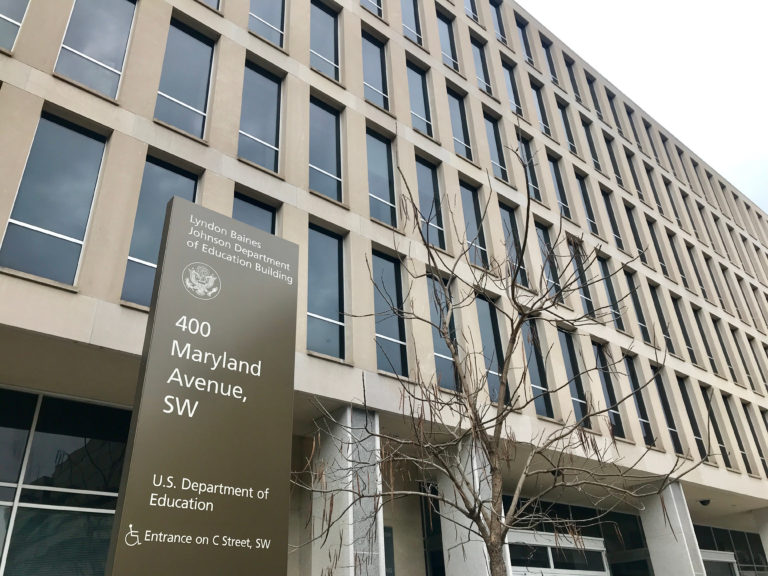On August 14, a federal judge dismissed a lawsuit which sought to invalidate parts of a new Indiana law, Senate Enrolled Act (SEA) No. 202, which require public colleges and universities to deny tenure to professors who are “unlikely to foster… intellectual diversity” on campus.
Judge Sarah Evans Barker of the U.S. District Court for the Southern District of Indiana did not address the AG’s argument, but tossed the case altogether because the plaintiffs lacked standing to sue. In her ruling, Judge Barker states that the plaintiffs “cannot manufacture standing… based on their fears of hypothetical future harm.” [Inside Higher Ed]
The case: In May, the American Civil Liberties Union (ACLU) of Indiana represented faculty members from Indiana University and Purdue in suing the state, arguing the statute infringes on their First Amendment right to “academic freedom to determine the content of and deliver their instruction, free from interference by the State.” [FOX 59 News]
- This claim is founded in the U.S. Supreme Court’s ruling on Keyishian v. Board of Regents in 1967, which determined that academic freedom is “a special concern of the First Amendment,” as legislation that prevents teachers from unreserved instruction has a “chilling effect” on free speech.
However, the Indiana Attorney General Todd Rokita (R) contends that professors actually don’t have First Amendment rights in regards to instruction. In a brief, AG Rokita wrote to the court: “the classroom curriculum of a public university is government speech set in accordance with State law,” and that the plaintiffs (or, professors) “have no right to control how the State speaks.”
- AG Rokita’s assertion is rooted in a 2006 Supreme Court ruling in Garcetti v. Ceballos, which determined that when public employees are completing official duties, “[they] are not speaking as citizens for First Amendment purposes,” and that they may be subject to evaluation—discipline—for their comments by their employer.
Now what? Until colleges and universities adopt other policies in accordance with the law, their trustees (often appointed by the governor) are granted the ability to decide what “intellectual diversity” means, and whether or not faculty members sufficiently provide it to secure—and maintain—tenure.
Tenured professors will have the quality of their curriculum assessed for intellectual diversity in post-tenure reviews conducted every five years; under the law, one poor review could result in both loss of tenure and employment.
As of this writing, the ACLU has not yet determined if it will appeal the case.




